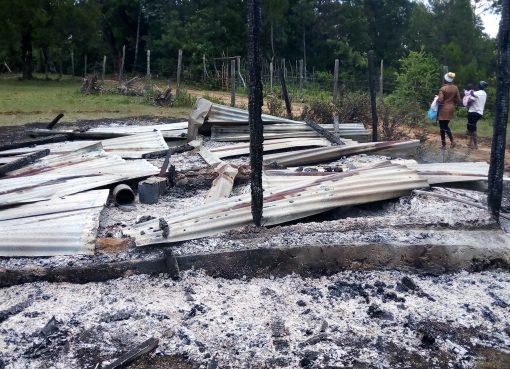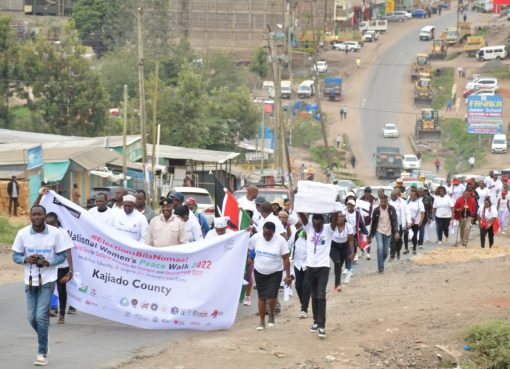The government has engaged various strategic investors to set up local processing plants and facilities in various parts of the country that are endowed with mineral resources for mineral processing and value addition.
The immediate former Cabinet Secretary for Mining, Blue Economy and Maritime Affairs Salim Mvurya said his Ministry has already initiated the process of setting up value addition for gold refinery in Kakamega County at a cost of Sh5.8 billion, a granite processing plant in Vihiga County worth Sh2.5 billion and a flourspar plant in Elgeyo Marakwet at a cost of sh. 4.8 billion.
Mvurya said the ministry also plans to establish local mineral processing facilities in Kisii County for soapstone, copper processing in Kitui, iron ore plant in Taita-Taveta County and several clinkerization investments in Kitui, Kajiado and Kilifi counties.
He said the government is investing in value addition to create job opportunities in the country.
The former CS made the remarks in his office after holding a meeting with members of the Chamber of Mines (KCM) on Stakeholders Engagement on the Current Status of Mining in the country, who were led by their Chairman Dr. Patrick Kanyoro.
He said according to the national wide geophysics survey the ministry undertook to establish the mineral resources available, it discovered a total of 970 mineral occurrences across the country.
“We have concluded a ground truthing exercise in 24 counties. In the next four months we will have covered the 47 counties,” he assured.
Mvurya announced that the national mineral testing laboratory has been equipped with the latest testing equipment, which has also been decentralized in the eight region across the country for testing and sampling.
“We are tracking minerals to ascertain where they come from for purposes of calculating the royalty,’ he added.
Through the road registers issued free of charge to mineral rights holders by Regional Mining Officers, it has become easier to determine the origin of minerals which helps in the fair allocation of royalties amongst the national and county governments and the communities.
The former CS stressed that royalties at the regional level will be approved by Regional Mining Officers, noting that that all minerals should be categorized for them to be valuable.
He said to address the issue of artisanal miners, the department of mining has moved to formalize them into marketing cooperatives in addition to the gazettement and operationalization of artisanal mining committees.
“To date, 129 artisanal miners marketing cooperatives have been formed and registered while 29 artisanal mining committees are operational, said Mvurya.
He said all miners will be required to adhere to the Mining Act 2016 law on royalties and mining issues for to get permits and licenses.
The former CS said the ministry is working with artisanal miners’ association to sensitize them on the importance of adhering to safety and security measures.
“We have closed down 13 mines across the country that were not safe, some of which were in Isiolo, Marsabit and Siaya,” he stated, adding that the ministry wants to register all miners into cooperatives so as to bring order in the sector besides offering training.
Mvurya disclosed that the Ministry has also closed at least 35 areas where mining was being done by foreigners who did not have proper documentation, some of whom he said were deported.
“We encourage investors across the globe who want to invest in the sector to comply with the Mining Act 2016 for them to be eligible for licensing,” he added.
In his remarks, KCM Chairman Dr. Kanyoro thanked Mvurya for according the miners an opportunity to engage on the issues affecting the sector that if solved will drive the sector to achieve a Gross Domestic Product of 10 percent from 1 percent.
He urged the government to allow to continue miners to continue with their operations as they wait for the one-year transition period, while assuring that the members are ready to comply with the set regulations.
By Bernadette Khaduli




